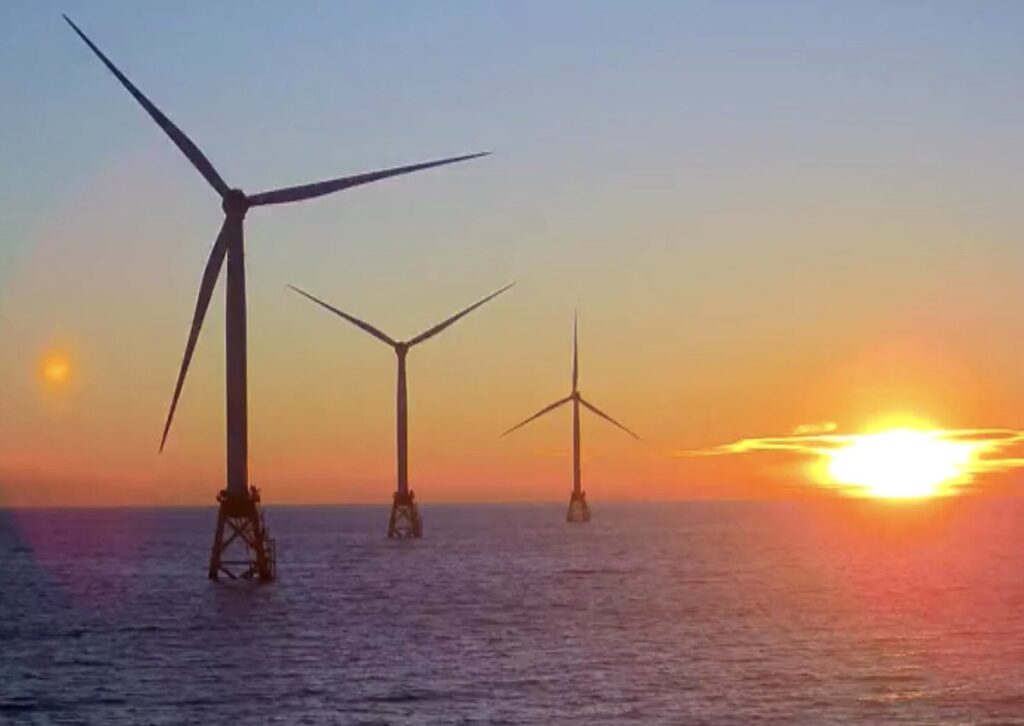Specific sub-sectors that are relevant to the UK’s capabilities and Chile’s needs have been identified, according to Camila Jorquera, the deputy country director for trade and clean growth at the British embassy in Santiago. Jorquera particularly emphasized the wind sector, considering Chile’s 4.70GW installed capacity and 1.87GW under construction.
Although Chile’s offshore potential is largely untapped due to technical challenges, the country could benefit from developing wind farms at sea. Such a strategy could address development challenges faced by renewable energy companies looking to build infrastructure on land.
Original Story at www.bnamericas.com
